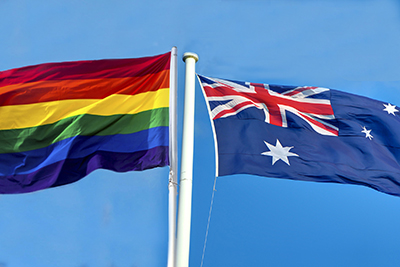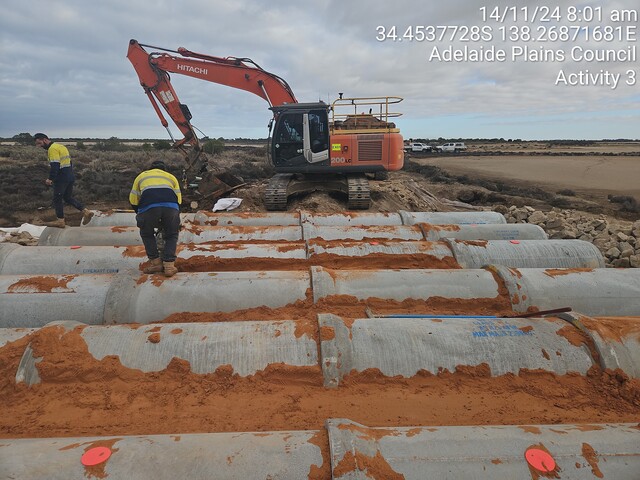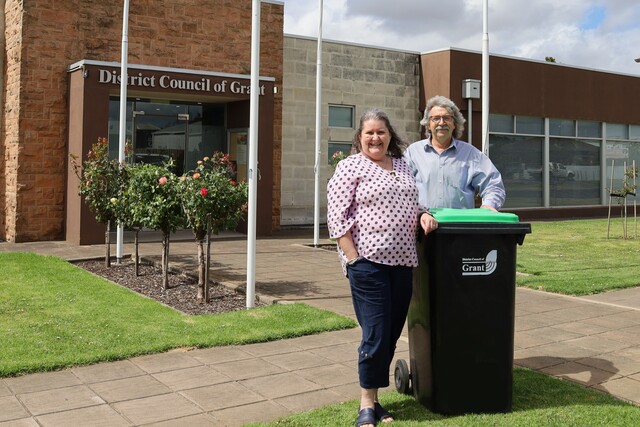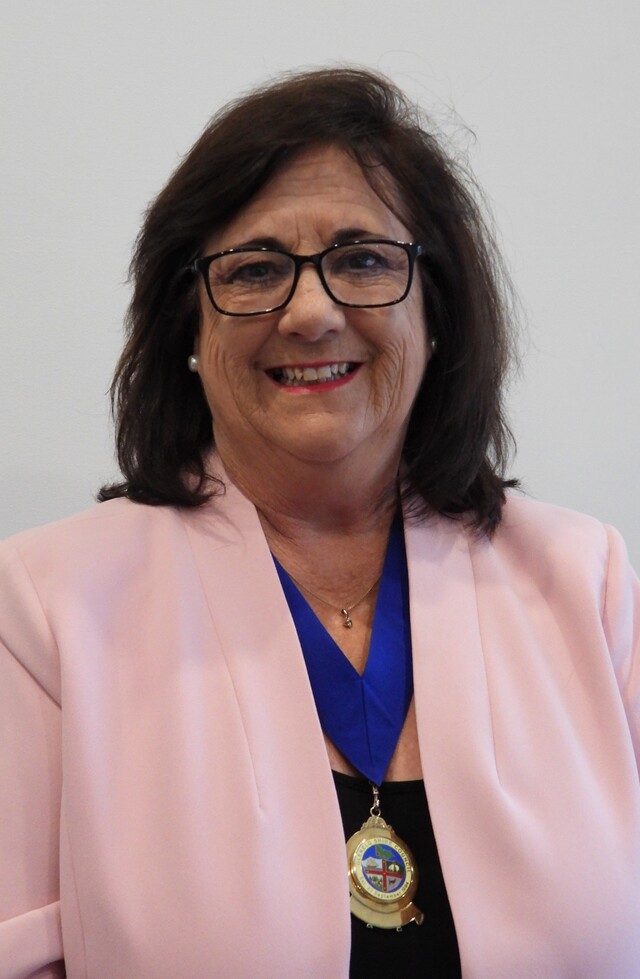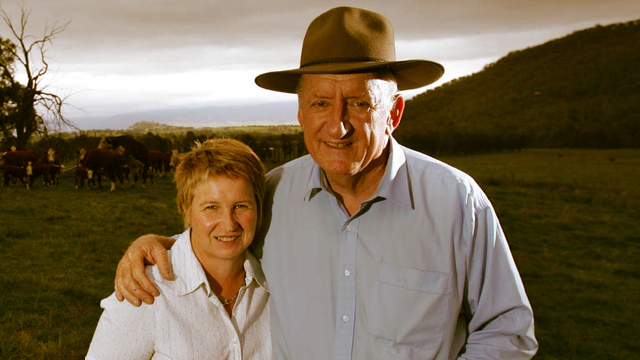Several councils made headlines last year for their role in debates that played out at the national level. But should local governments advocate on social issues, or should they stick to picking up the bins?
There’s no question that 2017 was a politically charged year for our country. At the local government level, several councils attracted national media attention when they threw their hats in the ring on the debates around same-sex marriage and the date of Australia Day.
Let’s cast our minds back: City of Fremantle got the ball rolling in late-2016 when it announced it would move its traditional Australia Day celebrations, fireworks and citizenship ceremony out of respect for Indigenous Australians.
The federal government responded with force, announcing it would strip the council of its ability to undertake citizenship ceremonies outright if it did not host one on 26 January. The council partially relented and went ahead with the ceremony but shifted celebrations to two days later.
Then, at the National General Assembly in June, Hobart City Council put forward a motion to join the campaign to lobby the federal government to change the Australia Day date. After lengthy and impassioned deliberation from delegates on both sides of the floor, the motion was narrowly moved.
In August, the City of Yarra in Melbourne’s inner northern suburbs moved to drop all mention of ‘Australia Day’ on 26 January and cancel citizenship ceremonies and celebrations – with Darebin and Moreland councils quickly following suit.
The Federal Government again showed its disapproval and cancelled Darebin and Yarra’s citizenship ceremony powers. The councils’ actions also drew criticism from the media and the wider public.
The social advocacy role local governments should play is a matter of ongoing contestation: some believe councils should stick to the archetypal three Rs – roads, rates and rubbish – and keep their focus locally, while others are happy to show their political stripes.
Nationals leader Barnaby Joyce made his views clear, telling reporters in August: “Every time a council decides their job is not to look after rubbish and roads but some social engineering for our nation, it is just garbage.”
City of Yarra Councillor Amanda Stone, who was mayor when the council resolved to drop reference to Australia Day, said that the issue directly impacted Yarra’s local community – home of the Wurundjeri Land Tribe Council – and this influenced the decision.
“It’s interesting, there’s a lot of opinion about what local governments should and shouldn’t do,” Cr Stone said. “What we should do is determined by the Local Government Act and it’s very clear in the Local Government Act that a key role is to advocate to other levels of government on behalf of your community, so when you have an Aboriginal community saying that they don’t want to accept an award on 26 January because of that date, I think you have to listen.”
The year’s other hotly debated social issue was, of course, the postal survey on Australia’s same-sex marriage legislation. Throughout the voting period, many councils chose to fly rainbow flags over civic buildings and take other actions to show support for the ‘yes’ vote and the LGBTQI community. This caused tensions to boil over in some areas: the City of Ballarat voted to support the campaign for marriage equality, but took down the rainbow flag after community pressure and a hostile council meeting.
Associate Professor Bligh Grant from the University of Technology Sydney (UTS) said while councils are legislatively “powerless” they have a history of advocating for social equity.
“Generally speaking [councils] have overwhelmingly been concerned with the delivery of services to property and – to a lesser extent according to the particular jurisdiction – services to people,” he said.
“However, this does not mean that local governments haven’t advocated for change in their states.
“Councils have often taken a pro-active stance on progressive issues, like extending the franchise to women … and more recently in encouraging social equity and understanding in local government areas that have taken in high numbers of migrants from particular areas.”
Professor Grant said it is instructive to examine the historical context across different states: “We need to be aware that there are very different traditions of this across the different jurisdictions. South Australia and, in particular Victoria, have strong traditions of this type – they are firmly ‘constitutionalist’ systems, where local government arose due to the demands of local communities rather than being simply legislated for. Arguably, they also have stronger social democratic traditions due to the structure of their economies historically. Alternatively, some states – Tasmania and Western Australia – don’t have salient histories of this type of activity.”
As January 26 rolls around later this month, the debate around the date – and local government’s role – will be again thrust into the spotlight.
Into the future Professor Grant believes councils could continue to play an advocacy role on contentious issues.
“It’s entirely possible that local governments could become more vocal on a range of issues that don’t fall directly under their remits – and, why not? After all, local councillors are
elected representatives.”

